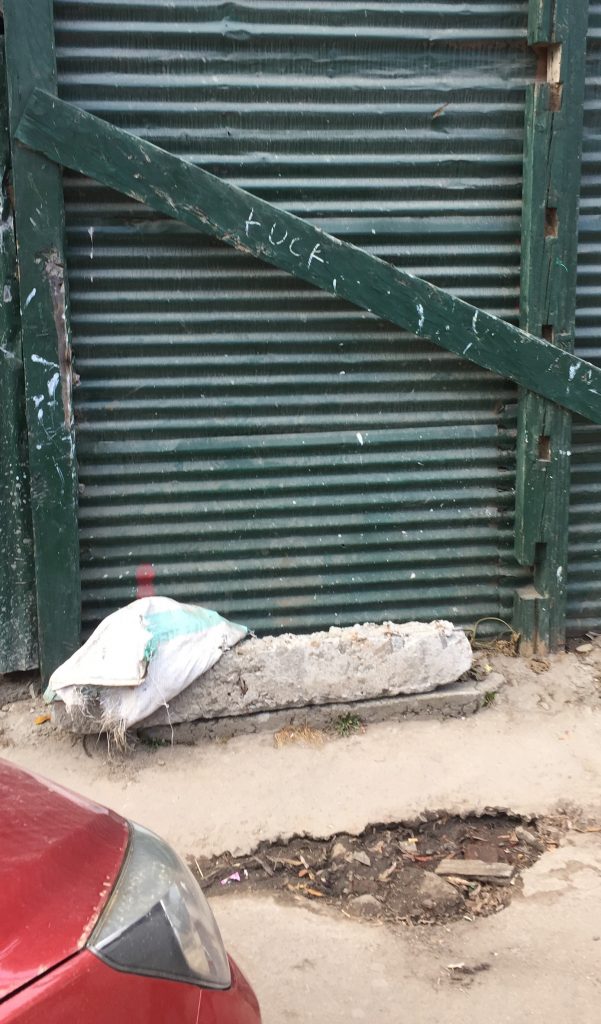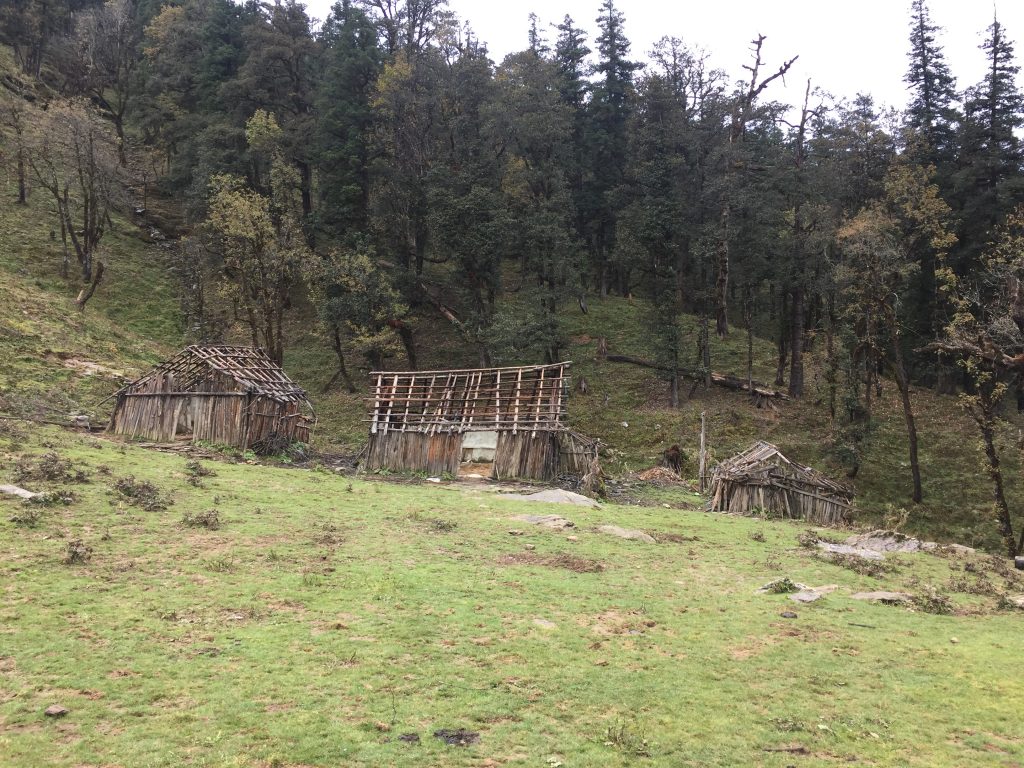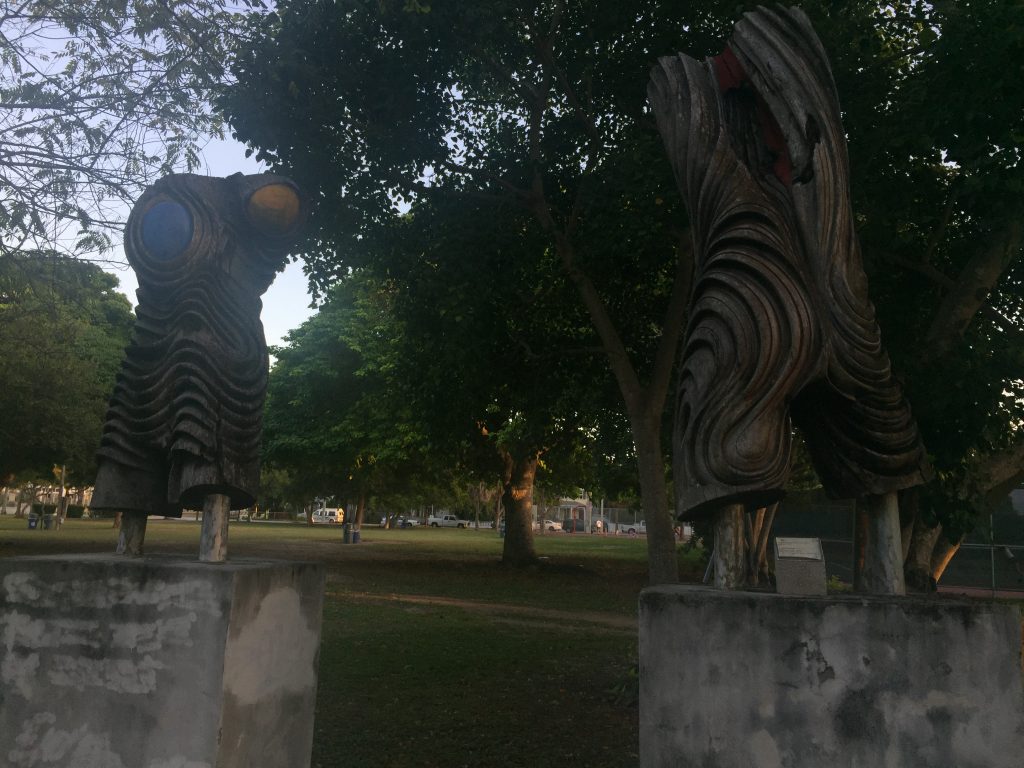All-You-Can-Eat
“Are you sure you’re all right?”
The Editor chews slowly, her eyes drooping and unfocused. Syrup glistens at the corners of her mouth and her voice is thick.
“I’m fine,” she says, “Just tired. And this place… is gross.”
A young woman walks behind us and she slides a pancake onto the Editor’s plate. The air is thick with melted butter. I’ve hunched my shoulders to protect my own eating area and I take small, regular bites. When I’m not eating, I hold one of the few of Alice’s remaining picks between my lips. This appears to be one of the few acceptable non-eating activities.
Unfortunately, the pick seems to invite conversation, so I eat instead, feeling the edges of my inner-self expanding uncomfortably.
The Editor gags in her chair and I try not to let her disgust spread to me.
‘There’s no magic greater to middle America than a pancake feed. Ostensibly for charity, these events probe the deep stomach of the corn-fed lower class to fund causes few participants will remember past the drive home. In truth, a pancake feed represents the classic capitalist trade-off: money for cleansing.
The cleansing ritual of the ‘Pancake Feed’ involves the three-part dedication of time, sacrifice, and debauchery (making it distinct from those that require only one of the aspects, say, the sterile donation of money by mail, the hammering of a few nails in the skeleton of a charity house, or the straightforward gluttony of an all-you-can-eat buffet). It is an archetype (in miniature) of the American dream in which the lower-class is encouraged to show up, to invest money, and to reap the promised benefits (in the form of the nation’s principle cereal grain, no less), failing to realize that it is the lower-class working behind the scenes as well: a sloshing-about of money in an already shallow pool.
All this to say that the ‘Eternal Pancake Feed’ is an American abomination. 2019 marks its 32nd year of continual pancake production, locked in place by a single participant, Edith Baker, who has consumed pancakes at a steady pace since the fateful July 4th on which it began. Baker has grown to an enormous size and has not responded to attempts at communication since the late nineties when she apparently said “Pass the butter, if you would.” A conservative estimate suggests Baker has eaten 24 tons of pancake in the last three decades, all for the entry price of two U.S. dollars. The feed continues as long as she eats, fueled by a certain sense of obligation to uphold the ‘all-you-can-eat’ promise and, no doubt, by grim curiosity.
Despite opening the ‘Eternal Pancake Feed’ to further customers, the event ceased being charitable, or lucrative, a long time ago. It has bankrupted the food bank that it once partnered with and remains a minor drain on the state’s budget: a single citizen’s mindless greed funded by taxpayers through the exploitation of a minor loophole.’
“She’s like those little Venus figures.”
The Editor’s sudden interjection catches me off guard. Alice’s pick slips from between my teeth and lands upright in the soft flesh of the pancake on my plate.
“What?”
“Like the… the fat women they dig up. The old goddesses.”
I look down the table at Edith Baker, who sits at the head. I wonder if she sat there originally, knowing what was to come, or if they’ve since moved the table to indicate her legacy. I retrieve Alice’s pick and suck the crumbs from it.
“The Venus statues never had faces,” I say, “No mouths to eat with.”
“No mouths to talk with.”
“You think ancient humans had pancake feeds?”
“Just a comment,” she says.
It’s good to hear her talking, I realize. It’s the first unprompted thing she’s said since I found her again.
-traveler




